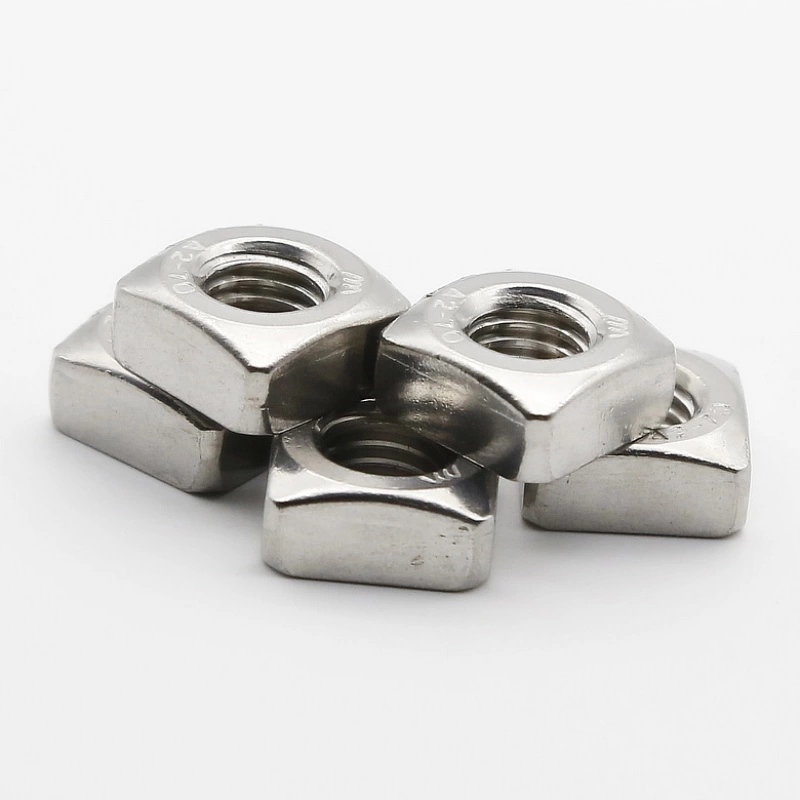

self tapping screws for grounding
Dec . 18, 2024 05:56 Back to list
self tapping screws for grounding
Understanding Self-Tapping Screws for Grounding Applications
In the world of electrical engineering and construction, ensuring safety and reliability is paramount. One essential part of this process involves grounding electrical systems, a critical aspect for protecting both equipment and personnel from electrical faults. Among the various components and hardware used in grounding applications, self-tapping screws stand out for their unique features and benefits. In this article, we will explore what self-tapping screws are, their importance in grounding, and best practices for their use.
What Are Self-Tapping Screws?
Self-tapping screws are specialized fasteners designed to create their own hole as they are driven into a material. Unlike standard screws that require a pre-drilled hole, self-tapping screws have sharp threads that enable them to cut through metal, wood, plastic, or other materials. This self-threading capability makes them highly efficient and a preferred choice for various applications, especially in environments where quick assembly and secure fastening are necessary.
The Role of Self-Tapping Screws in Grounding
In electrical systems, grounding serves to direct fault currents safely into the earth, thereby reducing the risk of electric shock and protecting equipment from damage. Grounding systems typically involve connections between various components, including ground rods, plates, and conductive pathways. Self-tapping screws facilitate these connections effectively, as they provide reliable and robust fastening solutions. Here are several reasons why self-tapping screws are widely used in grounding applications
1. Easy Installation Self-tapping screws can be installed quickly and easily, often without the need for additional tools. This reduction in installation time is particularly beneficial in large projects, allowing for faster completion without compromising quality.
2. Strong Mechanical Bond The threads of self-tapping screws create a tight mechanical bond with the materials they penetrate, ensuring that grounding connections remain secure over time. This is crucial in maintaining the effectiveness of grounding systems, especially in environments subject to vibration or thermal cycling.
3. Variety of Materials Self-tapping screws are available in various materials, including stainless steel, carbon steel, and coated options, which provide resistance to corrosion and climatic impacts. This versatility allows engineers and installers to choose the right screws for their specific grounding needs, enhancing longevity and performance.
4. Reduced Risk of Damage Since self-tapping screws eliminate the need for pre-drilled holes, there is a lower risk of damaging surrounding materials during installation. This characteristic is particularly important when working with sensitive or pre-finished surfaces.
self tapping screws for grounding

Best Practices for Using Self-Tapping Screws in Grounding
While self-tapping screws offer numerous benefits, it's important to follow certain best practices to ensure optimal performance
1. Select the Right Screw Choose self-tapping screws that are specifically designed for grounding applications, as they often have features such as a wider head for better contact area, enhancing electrical conductivity.
2. Use the Appropriate Size Fit screw size and length to the grounding application. Overly long screws may penetrate unintended areas, while screws that are too short may not provide a sufficient connection.
3. Consider Torque Settings When installing self-tapping screws, it’s important to apply the right torque. Over-tightening can strip the screws or damage the material, while under-tightening may result in a loose connection.
4. Regular Inspections After installation, regularly inspect grounding connections and self-tapping screws for signs of wear or corrosion. Routine maintenance is essential for sustaining grounding effectiveness and ensuring safety.
5. Follow Standards Ensure that all grounding connections comply with local codes and standards, such as the National Electrical Code (NEC) in the United States, to uphold safety and performance.
Conclusion
Self-tapping screws play a pivotal role in grounding applications by offering reliable, efficient, and secure fastening solutions. Their ease of use and adaptability make them an ideal choice for electrical engineers and contractors focused on creating safe electrical systems. By adhering to best practices and understanding the appropriate applications, professionals can maximize the effectiveness of self-tapping screws in grounding, contributing to the overall safety and longevity of electrical installations.
Latest news
-
Hot Dip Galvanized Bolts-About LongZe|High Strength, Corrosion Resistance
NewsJul.30,2025
-
High-Strength Hot Dip Galvanized Bolts - Hebei Longze | Corrosion Resistance, Customization
NewsJul.30,2025
-
Hot Dip Galvanized Bolts-Hebei Longze|Corrosion Resistance&High Strength
NewsJul.30,2025
-
High-Strength Hot-Dip Galvanized Bolts-Hebei Longze|Corrosion Resistance&High Strength
NewsJul.30,2025
-
Hot Dip Galvanized Bolts-Hebei Longze|Corrosion Resistance&High Strength
NewsJul.30,2025
-
Hot Dip Galvanized Bolts - Hebei Longze | Corrosion Resistance, High Strength
NewsJul.30,2025

